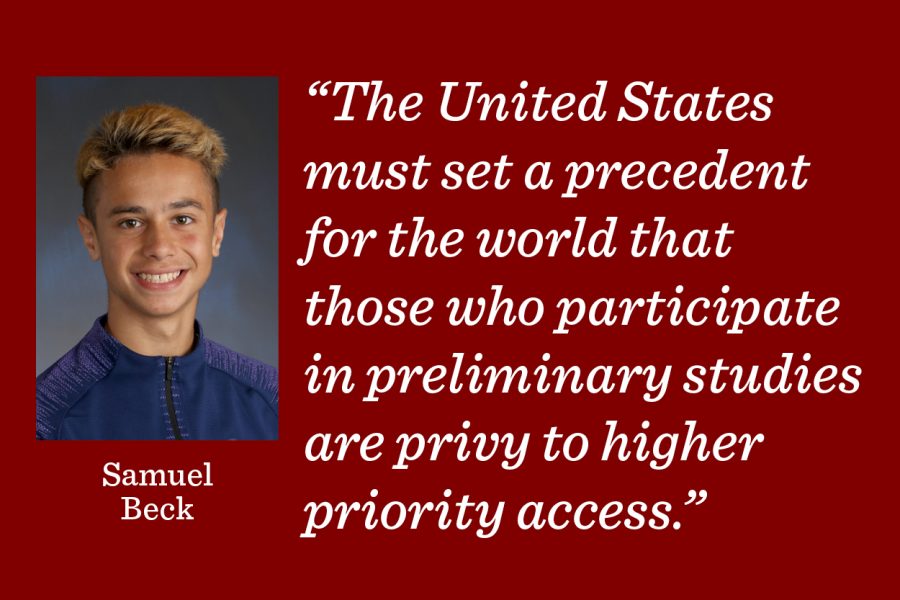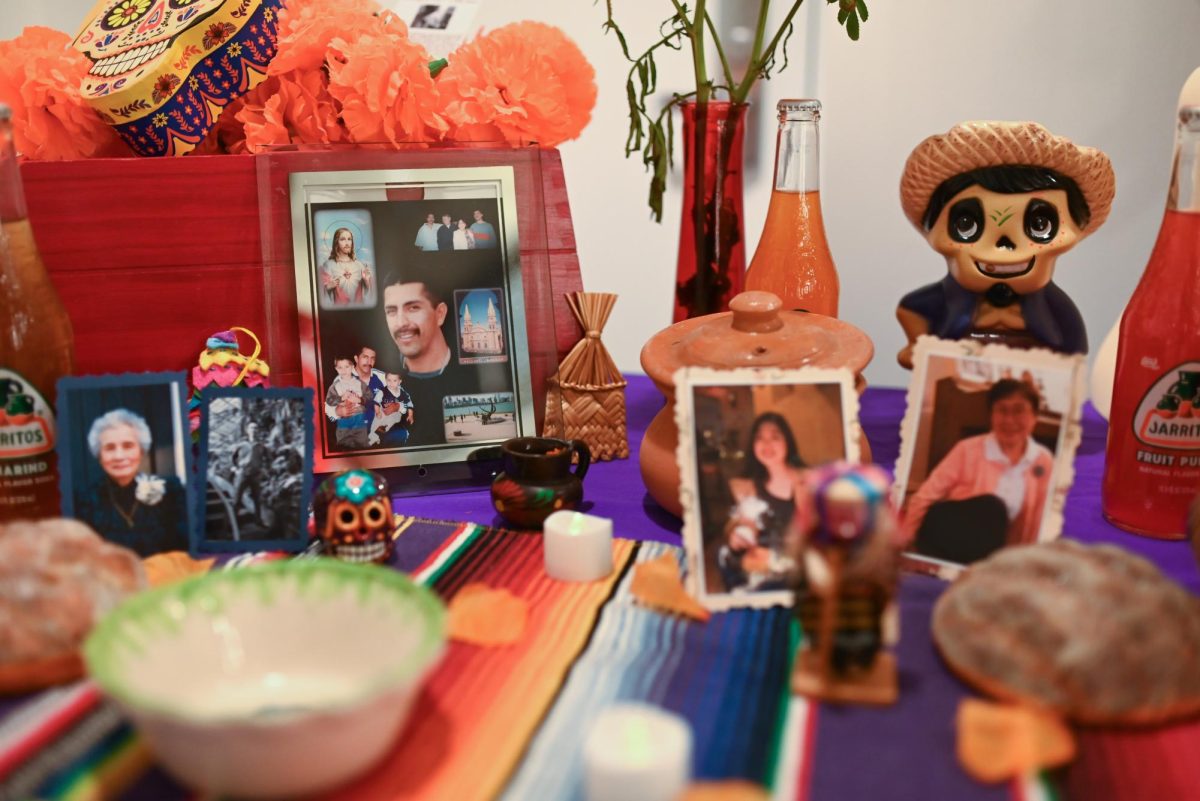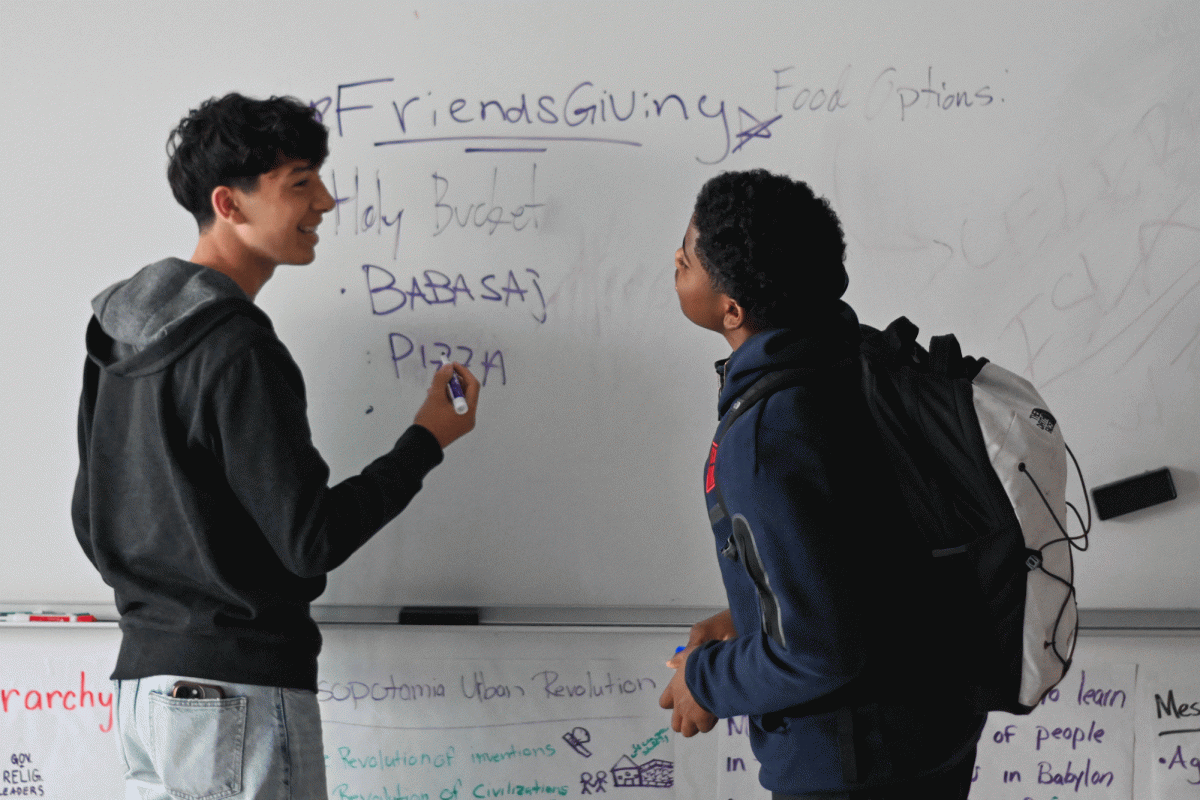Vaccine trial participants deserve high priority
Midway staff
Pharmaceutical companies have important responsibilities to those who participate in their trials for coronavirus vaccines, writes reporter Samuel Back.
June 4, 2021
As millions in the United States and around the world get vaccinated, it is easy to feel a euphoric sense of victory. However, for many others the road to normality is much more extensive, even for those who deserve first priority. One particular group that is unfairly neglected is that of the volunteers who willingly participated in clinical trials for the vaccine.
Those who volunteered for studies, in the United States and elsewhere, deserve high-priority access to the vaccines. The United States must set a precedent for the rest of the world that those who participate in preliminary studies, or even volunteer for them, are privy to higher priority access.
As is the process for any new drug, pharmaceutical companies are required to conduct testing, inevitably on human subjects. Like many other aspects of the drug-creation process, this phase was accelerated for many coronavirus vaccines. Many of the participants in such studies were promised early vaccine access by the pharmaceutical companies themselves but are still left unvaccinated.
For those who have already received the vaccine, the process of receiving the vaccine is intimidating and overwhelming to say the least. It is common knowledge that most vaccines go through more extensive testing than the COVID-19 vaccines, raising unprecedented levels of uncertainty for those who choose to take it.
These feelings are only more severe when the drug is in the testing phase; the thought of being injected with foreign substances that have not gone through prior extensive testing is daunting.
Osvaldo Rico, an adult in Argentina who volunteered to take part in a Russian pharmaceutical company’s study, signed up because he was “guaranteed medical care for Covid,” which included the promise of a vaccine.
Like many others, Mr. Rico — my grandfather — participated due to a promise that his participation would grant him early access to the vaccine once it was finalized. Months later, he remains in the dark. The Russian company now largely holds a monopoly over the region, following a dispute between Pfizer and the Argentine government that resulted in a complete withdrawal of services. The Russian company, who administered the less effective “Sputnik vaccine,” promised 33 million doses by March in turn for preliminary trials and a payment in advance. Almost a month after that deadline, Argentina has received only 5 million doses. As far as my grandfather, he will likely receive the vaccine in late 2022 or even 2023.
With 192 million Americans vaccinated (most of any country) and with 58 out of every 100 people (second most of any country), it is our responsibility to set a precedent for other leading nations by vaccinating people who participated in clinical trials, so that people like my grandfather may have their bravery rewarded.












